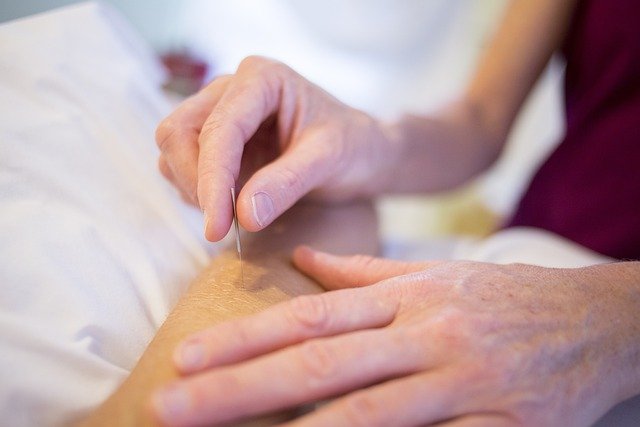Understanding Blood Pressure Clinical Trials: A Comprehensive Guide for Patients
New blood pressure clinical trials may provide access to innovative treatments, often at no cost to participants. These research opportunities help doctors better understand hypertension and may benefit people struggling to manage high blood pressure effectively.

What Are Blood Pressure Clinical Trials?
Clinical trials for blood pressure are carefully designed research studies that evaluate new medications, treatment approaches, or lifestyle interventions for managing hypertension. These trials follow strict protocols to ensure participant safety while gathering valuable data about treatment effectiveness. Researchers work closely with volunteers to monitor blood pressure responses and any potential side effects throughout the study period.
Benefits of Participating in Blood Pressure Research
Joining a clinical trial can provide several advantages for participants. First, volunteers typically receive comprehensive medical care and monitoring at no cost. They may gain access to cutting-edge treatments before they become widely available. Additionally, participants contribute to medical science, helping researchers develop better solutions for future patients with hypertension.
Types of Blood Pressure Clinical Trials Available
Different types of trials focus on various aspects of blood pressure management:
-
Drug trials testing new medications or combinations
-
Lifestyle intervention studies examining diet and exercise impacts
-
Device trials evaluating new monitoring or treatment technologies
-
Genetic research investigating hereditary factors in hypertension
How to Find and Join Blood Pressure Studies
Interested individuals can find clinical trials through several channels:
-
Medical centers and teaching hospitals
-
Online clinical trial databases
-
Primary care physician referrals
-
Local research centers
Most studies have specific eligibility criteria, including age, blood pressure ranges, and overall health status.
What to Expect During Trial Participation
Participants typically undergo:
-
Initial screening and health evaluation
-
Regular blood pressure monitoring
-
Scheduled check-ups with research staff
-
Documentation of any side effects
-
Following specific protocol requirements
| Trial Type | Typical Duration | Participant Commitment |
|---|---|---|
| Phase I Safety Studies | 1-3 months | Weekly visits |
| Phase II Efficacy Trials | 3-6 months | Bi-weekly visits |
| Phase III Large-scale Studies | 6-24 months | Monthly visits |
| Lifestyle Intervention Studies | 3-12 months | Bi-weekly sessions |
Prices, rates, or cost estimates mentioned in this article are based on the latest available information but may change over time. Independent research is advised before making financial decisions.
Important Considerations Before Enrolling
Before joining a trial, potential participants should:
-
Understand all potential risks and benefits
-
Review the informed consent document thoroughly
-
Discuss participation with their regular healthcare provider
-
Consider time commitments and travel requirements
-
Ask questions about study protocols and expectations
This article is for informational purposes only and should not be considered medical advice. Please consult a qualified healthcare professional for personalized guidance and treatment.




